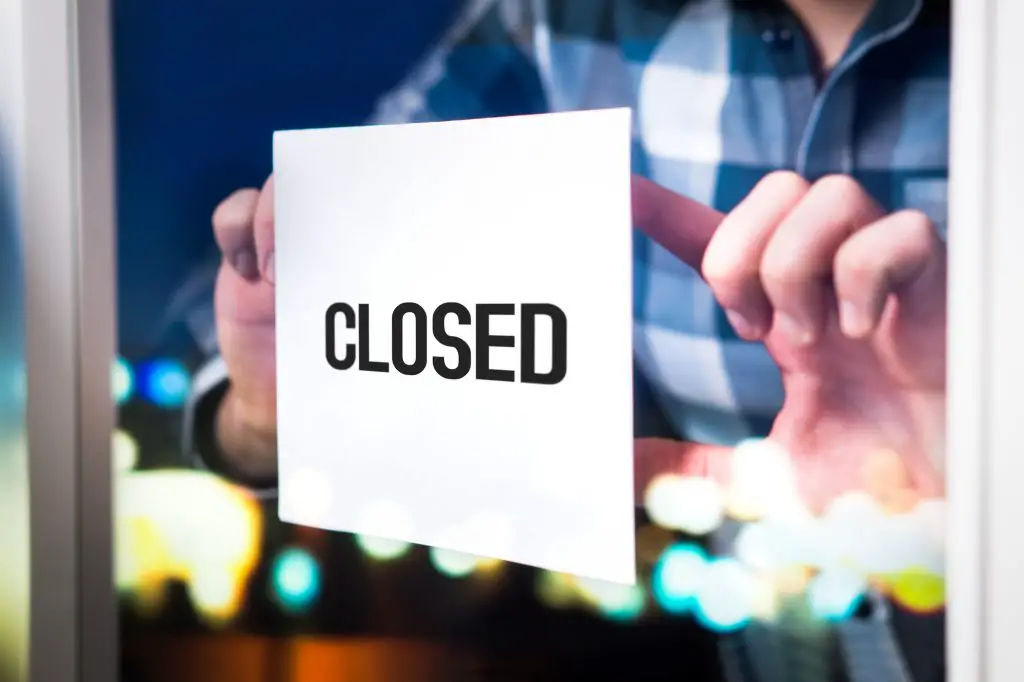Julia Child said: “Any disaster is a learning process.”
With Hurricane Dorian recently behind us, it’s a good reminder about being sure to understand what employers owe to employees after a disaster. The matter is complicated by various factors: the type of employee involved (exempt or non-exempt), whether or how long you’re closed for business, and federal versus state and local laws.
Do you have to pay employees for the time your company was closed?
Under the federal Fair Labor Standards Act (FLSA), you must continue paying the regular salary to exempt employees (managers and others not subject to federal overtime rules) for a closure of less than a week. After that, it’s up to you.
If, after the disaster, the business opens but an exempt employee does not show up, an employer can dock the employee a full-day’s pay. (There’s more information below about showing up after a disaster.) Caution: deducting less than a full-day’s salary is inadvisable because it can jeopardize the employee’s exempt status.
For non-exempt workers, there’s no requirement to continue paying wages when no work is performed (there’s an exception for employees who receive fixed salaries for fluctuating workweeks). So, when the business is closed or, following a disaster, such worker doesn’t come to work (i.e., no work is performed), there’s no obligation to issue any paycheck. Of course, employers can voluntarily continue making payments.
Be sure to check state law to see any other rules that may apply. For example, in some states, exempt workers must be paid if they show up even though there is no work performed. And factor in today’s tight labor market in deciding whether to continue issuing paychecks to help employees (many of whom live paycheck to paycheck) and engender loyalty.
Are there special payment requirements for any employees that are on call during a disaster?
The FLSA requires employees who are on call to be paid even though the company is closed due to a weather emergency. This rule only applies if they cannot use the on-call time for personal purposes. And state laws may have different on-call pay requirements.
Can employees claim unemployment compensation while the company is closed?
Each state has its own unemployment rules specifying eligibility for claims. So, as a general statement, if the company is closed for a long enough period, claims are permissible provided an employee has not been discharged for misconduct. However, in some states, an employer’s account may not be charged where layoffs are caused by natural disasters.
Once the business re-opens, an employee who fails to return without good cause may be barred from collecting unemployment benefits (which was the conclusion in this Florida case following Hurricane Ivan in 2005).
What happens if employees affected by a disaster can’t immediately return to work?
Personal constraints may prevent an employee from returning to work following a disaster. A member of the family may have suffered an injury or the family home may have been severely damaged, causing the employee stress and requiring the employee’s attention at home. Or there may be issues in getting to work. An absence caused by transportation difficulties after a company has re-opened for business is viewed as an absence for personal reasons.
For exempt employees, follow company policy regarding absences for personal reasons. For example, an employee can be put on unpaid leave or be required to use accrued personal/vacation days. Of course, if an employee is absent for a reason associated with Family and Medical Leave Act (e.g., an employee needing to attend to a serious injury or health condition of his or her child) and your company is subject to this law, then follow the rules regarding time off, benefits continuation, etc.
What strategies can a business use for disaster planning?
Given the frequency of natural disasters these days, it’s essential for all businesses to plan ahead. Here are some suggestions:
- Create a disaster recovery plan. Resources for doing this were discussed in a previous blog.
- Carry business interruption insurance. This will help to continue paying employees during the disaster and in the recovery period. And, depending on your coverage, the company may even be paid for lost profits for a certain period.
- Build up a disaster nest egg. Expect to need funds for disaster recovery even though sales may be coming in. Having your own nest egg means you won’t have to borrow money to see you through.
Final thought
As stated earlier, employer obligations to employees following a disaster are complicated. Take the time now to think things through so you can be prepared for the future. When in doubt, consult an employment law attorney.



